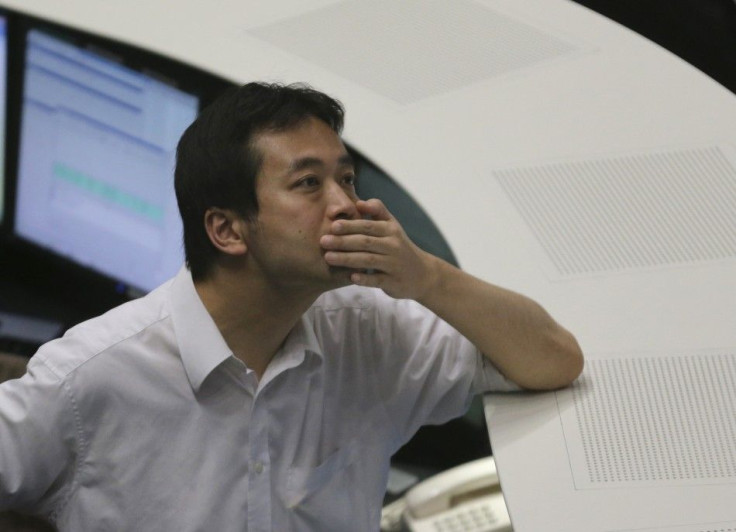Asian Stock Markets Week Ahead: Investors To Focus On US, Europe Data

Asian stock markets ended with gains last week as sentiment continued to improve on hopes that the European Central Bank would act soon to lower the peripheral bond yields of struggling nations such as Italy and Spain.
Market participants are likely to focus on economic releases from the U.S. and Europe. Reports on U.S. monthly retail sales, inflation, housing, weekly jobless claims and business sentiment are to be released this next week.
Retail sales might have rebounded in July after three straight months of declines, and jobless claims likely ticked up for the week ended Aug. 11, while inflation pressures likely remained muted in July. Meanwhile, data from Europe will likely to show that the economy in the single currency region contracted for the second straight quarter.
Any hints of policy-easing measures from the central banks in the U.S., Europe and China to rescue the global economy from slowing growth and the debilitating euro zone crisis will trigger a market rally. The markets' disappointment over the central banks' failure to announce immediate measures in July was fairly short-lived as the ECB's strong tone in recent days suggests that it will take policy action in the coming weeks to boost the faltering euro zone economy.
ECB governing council member Christian Noyer said Thursday that the central bank was determined to bring down borrowing costs in Spain and Italy and should be ready to intervene decisively in bond markets very soon. Speculations are running high that the Fed could well act in September also. Both the European Central Bank and the Federal Reserve are due to meet during the first half of September. However, analysts have said that the market could be setting up for a fall as betting on what the central bankers will and won't do is a risky game.
"Investors who have been hopeful that policymakers will take stronger action through this entire sovereign debt crisis have been consistently disappointed. The notion that someone with very deep pockets will come along and pay the bills without conditionality is likely to be a foolish one," Jeremy Zirin, UBS Wealth Management's New York-based head of U.S. equities and chief U.S. equity strategist, told Reuters.
In India, Inflation data for the month of July will be released Tuesday. Analysts polled by Reuters expects wholesale prices to rise 7.37 percent on annual basis compared to 7.25 percent in the previous month as a below-average monsoon pushes up food prices. Rising inflation may give the Reserve Bank of India less room to cut interest rates despite a contraction in industrial output provides further evidence of slowing economic growth.
Market participants are waiting for policy reforms after Finance Minister P. Chidambaram pledged to work on fiscal consolidation steps. The recent economic releases from Asia's third largest economy point to a sluggish economic activity and bring to the fore the need for timely and effective policies to turn the economy around.
© Copyright IBTimes 2025. All rights reserved.





















